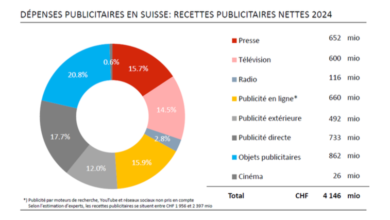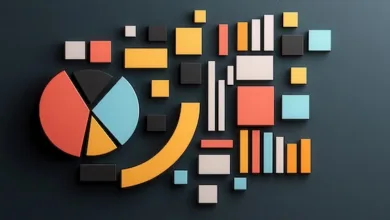MySpace Is YourSpace
 10 years ago a famous digital thinker came to MIT to talk to about the impact of the Internet on social patterns. I remember the dim projection of the computer screen as she opened applications – a chat-room, a website, an email page, an online- community forum – a window after window which from afar looked as boring as a DOS page, yet had a life of their own, text messages arriving and departing.
10 years ago a famous digital thinker came to MIT to talk to about the impact of the Internet on social patterns. I remember the dim projection of the computer screen as she opened applications – a chat-room, a website, an email page, an online- community forum – a window after window which from afar looked as boring as a DOS page, yet had a life of their own, text messages arriving and departing.
I was unimpressed. At the time we were thinking of creating interactive movie spaces, of navigating through virtual cities, of building new, indestructible Alexandria libraries for digital screens. We were dreaming in color and 3D, in images and sounds. The flickering projection of text boxes in which someone could pretend to be an avatar, or take on a silly name with digits at the end – surely this was for geeks who had nothing better to do at two in the morning?
But the woman on stage seemed to have an urgent message – a new social paradigm was emerging, and it was not limited to bespectacled weirdoes in the IT room. Each window had her logged on as someone else, and she was jumping between personalities in the boxes while carrying on with her presentation. It is not just that we can pretend to be somebody else online, – she explained – the remarkable thing is that these windows are always open. This was the world of the future – multiple dialogues taking place at the same time in our everyday life, giving us a chance to live parallel fates, gently, softly pushing us towards a split personality disorder.
For years I have forgotten about this talk. But it all came back the other day, when a friend visiting my office asked to look something up on his MySpace page. MySpace?! Up until then I only heard of MySpace from two kinds of people: New York VC’s who whined that they missed a chance to invest , and narcissistic youngster with a penchant for self-promotion. Within the cultural demise of modern media, driven by the need to provide ego-friendly experiences — confessional talk-shows, reality TV, blogs and websites for making friends (!?), MySpace in my mind ranked the highest (lowest, that is).
My friend – a sensitive, intelligent person – did not fit the profile. While he was looking for the song in question, I noticed something extremely strange: among his links was one to the Dalai Lama. Dalai Lama is on MySpace? My friend confirmed with an emphatic “so is Bono and many other great people.”
And this is how at two in the morning, a great unbeliever in confessional blogs and Internet communities, I found myself going back to MySpace, to see what on earth was Dalai Lama doing there.
Typing “ Dalai Lama” in the Find a Friend field of MySpace produced 27 profiles, of which at least 15 claimed to be the 71 year old man from Dharamsala. They displayed photos of Dalai Lama himself, and the profiles ranged from genuine quotes and messages to save Tibet to quirky details, such as Status: Swinger.
Hundreds of messages were addressed to each profile by an army of strangers, many of whom seemed to believe they were writing to the Dalai Lama himself. And this is where it hit me that the new feature of our confessional media is that not only do we get to talk about ourselves all the time, we can also talk about ourselves as another, more important person. We can have multiple Spaces to fit our multiple I’s, and through MySpace we can even leave messages from one to another. MySpace is a great invention forecasting the future where no one is ever lonely or unrealized.
Well, and another thing I have discovered by chance: one of the Dalai Lamas listed Hugh Hefner as his friend, so I decided to click on Hef’s page. It was by invitation only. I guess even impostor communities got to have their VIPs…





